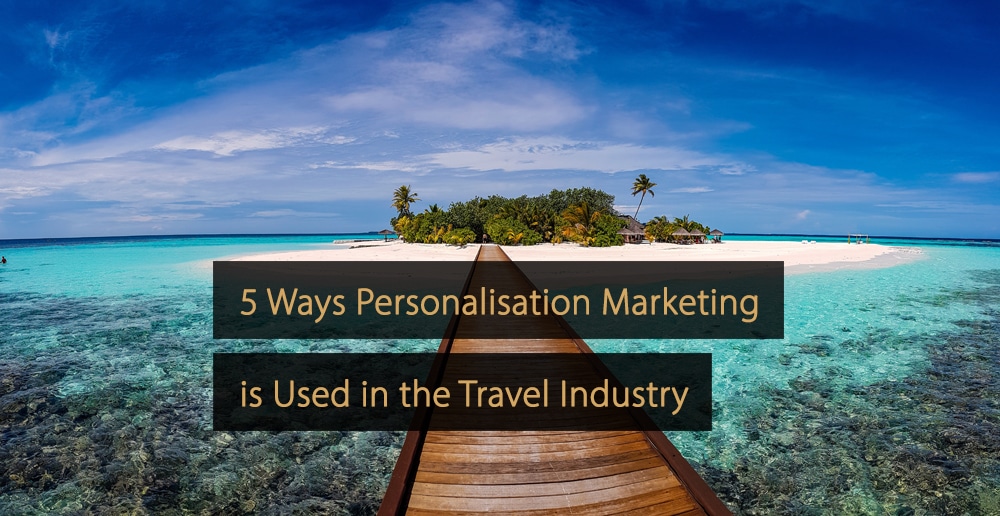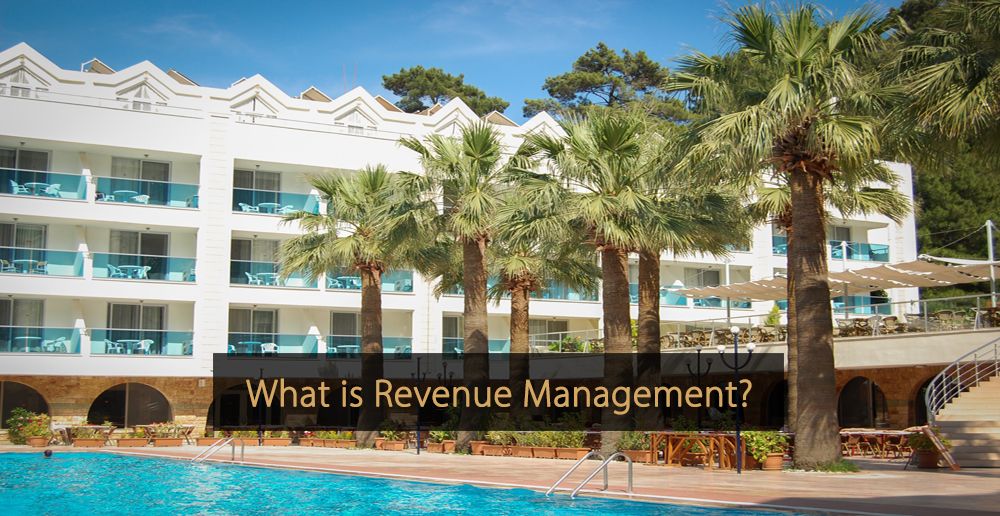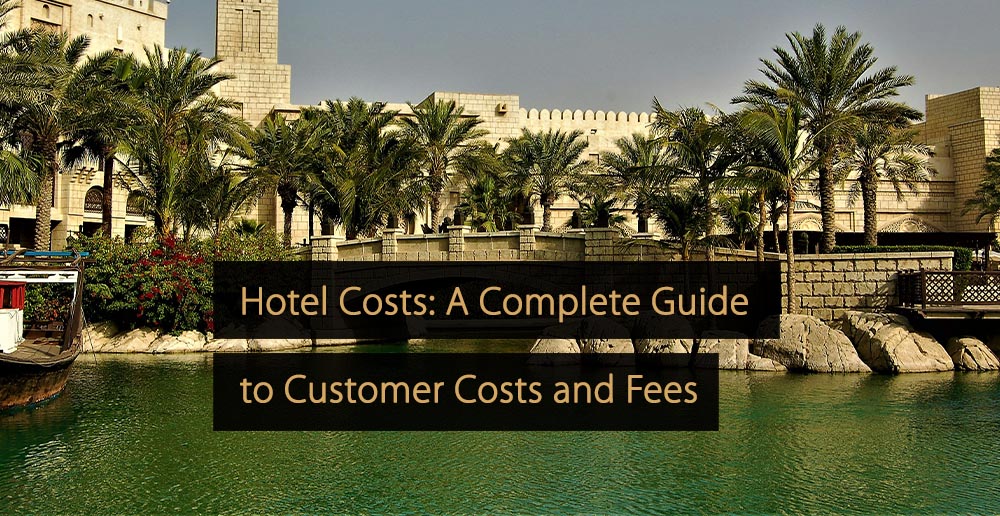
Interview with Founder and CEO Tom Dibble of Screen Pilot
In this interview, we're talking to Tom Dibble, the founder, and CEO of Screen Pilot. Screen Pilot optimizes hotels' direct distribution channels with comprehensive digital marketing solutions. This provides several benefits, including increased booking and brand recognition, decreased need for third-party services, and a larger return on investment. Can you tell us a bit about yourself? I was born in the U.K. and spent a few years in
Should Sales Teams Receive Revenue Management Training?
Question for Our Revenue Management Expert Panel: Should Directors of Sales be trained in Revenue Management? How would it affect their understanding of Revenue Management complexities, their results & strategy? (Question by Connor Vanderholm) Our Revenue Management Expert Panel Connor Vanderholm - CEO, Topline Tanya Hadwick - Group Revenue & Yield Leader, SunSwept Resorts Heiko Rieder - Vice President Business Development, Travel Charme Hotels & Resorts Diego Fernández
5 Ways Personalization Marketing is Used in the Travel Industry
The travel industry is highly competitive, and one of the best ways to attract and retain customers is to provide them with a personalized experience where they are treated as individuals. Personalization marketing is one of the best ways to achieve this because it means marketing content is more tailored and relevant. In this post, you will learn more about personalization marketing and discover five ways it can be used within tourism. Table of Contents
Interview with CEO and Co-founder Ari Andricopoulos of RoomPriceGenie
We're interviewing Ari Andricopoulos, the CEO and Co-founder of RoomPriceGenie. Ari developed automation that helps hoteliers determine the best pricing policy for any given moment. It's not just a flat number, either. But as an easy-to-understand analysis that both provides advice and explains the reasoning behind the decisions. Can you tell us a bit about yourself? Before RoomPriceGenie, I spent fifteen years creating trading algorithms as a partner
What is Revenue Management?
What is revenue management, and why does it matter so much to hospitality brands? Essentially, it's a data-driven approach to anticipating demand and adjusting pricing and distribution in order to maximize earnings. Revenue management is crucial for hotels and similar businesses because they have fixed costs to contend with. When hotels are able to accurately forecast demand, they can take steps to ensure these fixed costs are always covered. In this article, you'll learn what revenue management is, why it matters, and how to achieve success. Table of Contents: Defining Revenue Management Why is Revenue Management Important? Revenue Management vs.
Hotel Costs: A Complete Guide to Customer Costs and Fees
Hotel costs, from a customer perspective, are the various fees and charges associated with booking and staying in accommodation. These can include initial booking costs, taxes and additional fees for services. Understanding hotel costs is important for guests and hotel managers alike. Additional fees can significantly alter the total cost of a stay and affect how much revenue the hotel generates from customers. In this article, you will find explanations of the most common hotel
The Five Building Blocks of Hotel Revenue Maximization
Revenue is the lifeblood of any hotel. The more effectively you generate, capture, and optimize it, the more successful your property will be. But too many revenue managers still rely on outdated revenue strategies, legacy metrics and clunky technology that hold them back. The result? Missed opportunities and money left on the table. Modern revenue management isn’t about following the same old playbook. It’s about evolving, thinking bigger,r and leveraging technology to drive profitability. In
Beyond Revenue: How Smart Upsell Solutions Improve Hotel Efficiency
Upsell solutions offer more than just extra revenue; they streamline hotel operations by using real-time data to optimize staffing, forecasting, and resource allocation. In this article, you’’ll explore how these technologies can sharpen key processes while delivering personalized experiences, driving improvements in both hotel efficiency and guest satisfaction. Enhancing Guest
Dynamic Pricing: Benefits & Tips for Hoteliers to Increase Revenue
Dynamic pricing is a strategy where the price of products or services is adjusted based on market conditions. This typically means charging high prices during periods of high demand and low prices during low demand periods. For hotels, dynamic pricing plays a crucial role in revenue management, incentivizing bookings at
Hostel Management App: Transform Your Property’s Daily Operations
A hostel management app is a digital software solution, which can be used to manage various aspects of a hostel business. This can include managing bookings, daily tasks and interactions with customers. Hostel management apps can enhance the guest experience in a number of key ways and can make it










